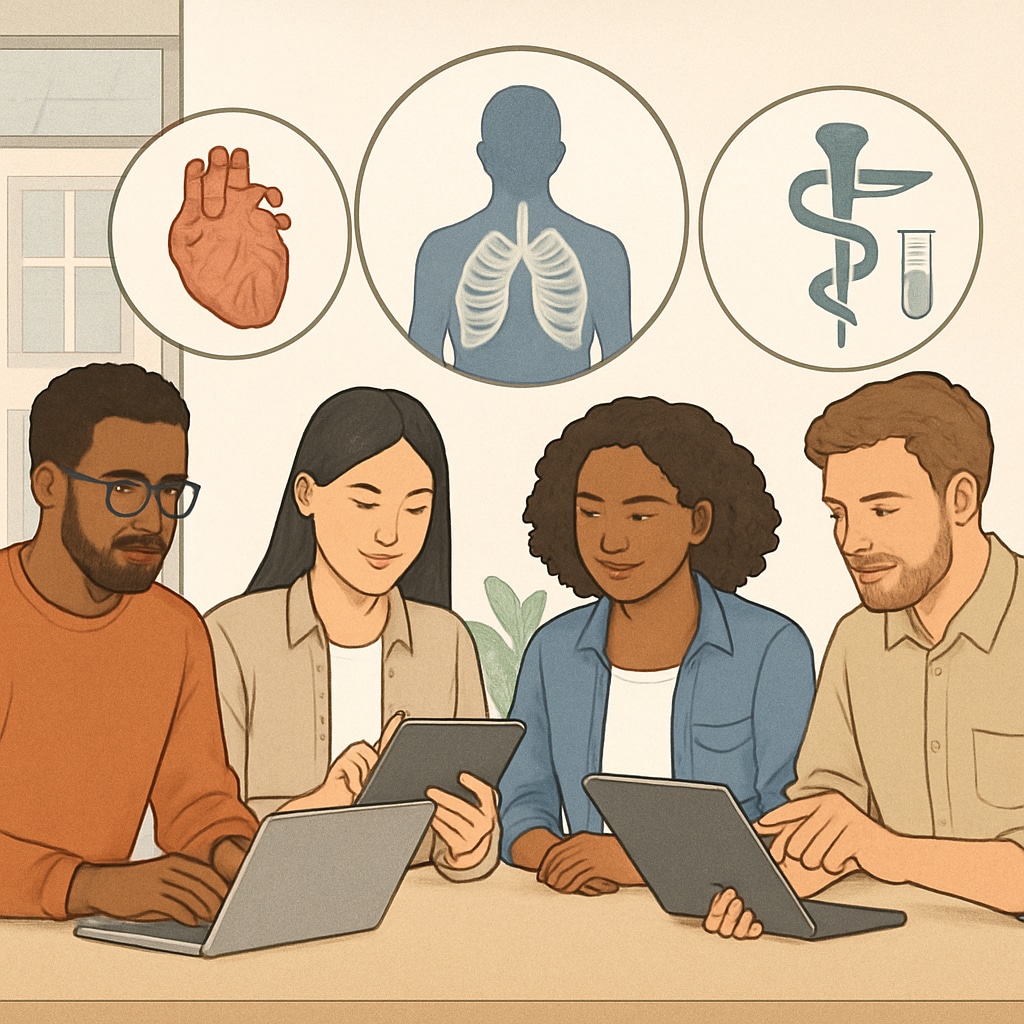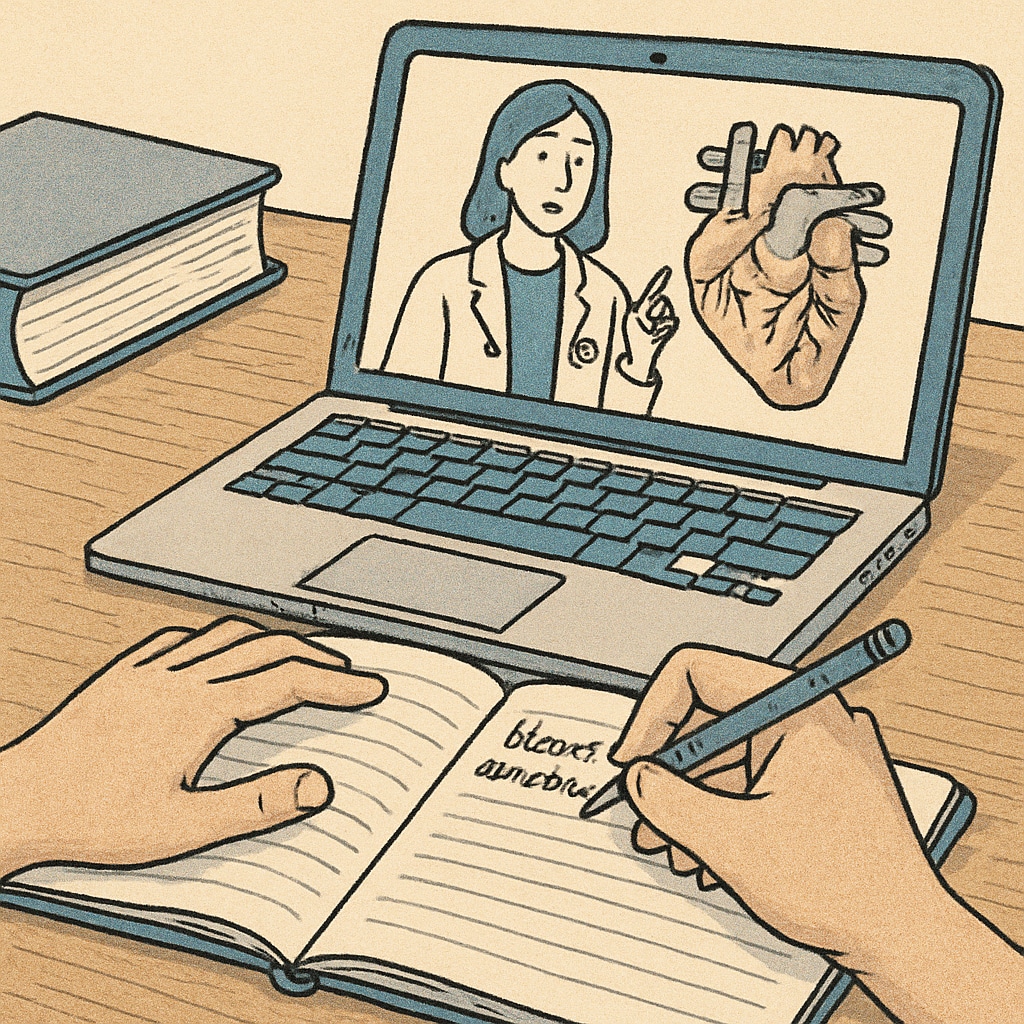Medical education for non-medical backgrounds through online courses has become increasingly accessible, offering structured pathways to acquire professional-grade knowledge. As health literacy gains importance across industries, professionals from diverse fields seek reliable ways to understand medical concepts without traditional medical training. This comprehensive guide explores systematic approaches to bridge this knowledge gap effectively.
Building Foundational Medical Knowledge
For beginners, starting with fundamental concepts proves most effective. Reputable institutions like Coursera offer introductory courses in anatomy, physiology, and medical terminology. These carefully designed programs use gradual complexity progression, making them ideal for non-specialists.

Selecting Appropriate Online Learning Resources
When evaluating online medical education platforms, consider these critical factors:
- Accreditation status from recognized medical education bodies
- Clear distinction between certificate programs and professional qualifications
- Course duration and time commitment requirements
- Availability of supplementary learning materials
- Opportunities for practical application exercises
The edX platform, partnered with leading universities, provides excellent intermediate-level courses with verified certification options. Their modular approach allows learners to customize their educational journey based on specific interests and professional needs.
Developing Effective Learning Strategies
Successful medical knowledge acquisition requires strategic planning. Establish clear learning objectives and create a structured schedule. Combine different resource types for comprehensive understanding:
- Video lectures for visual learning
- Interactive quizzes for knowledge reinforcement
- Case studies for practical application
- Discussion forums for peer learning

Overcoming Common Learning Challenges
Non-medical professionals often encounter specific difficulties when studying medical content. Technical terminology presents the most significant initial barrier. Implement these proven techniques:
- Create personalized medical terminology glossaries
- Use spaced repetition software for memorization
- Practice explaining concepts to non-medical peers
- Focus on conceptual understanding rather than rote memorization
Remember that medical education constitutes an ongoing process rather than a finite goal. Regular knowledge updates ensure continued relevance in this rapidly evolving field.


